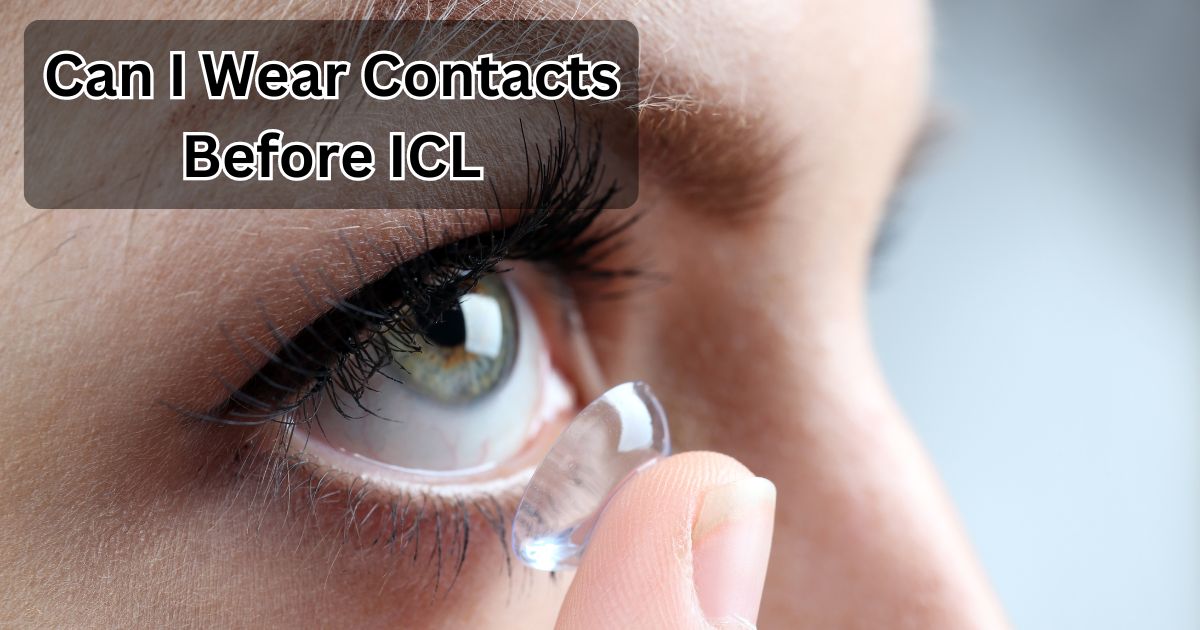A broken tooth can be more than just a cosmetic issue; it can cause significant discomfort and lead to further dental complications if not addressed properly. Understanding how to fix broken tooth naturally involves exploring both immediate relief strategies and long-term preventive measures. Natural remedies offer a holistic approach that can complement traditional dental treatments, potentially easing pain and supporting the healing process. This guide will delve into effective natural remedies, immediate actions, and preventative measures to help you manage a broken tooth with natural methods. By learning how to fix a broken tooth naturally, you can take proactive steps to alleviate pain and promote dental health.
Understanding Tooth Damage
Types of Tooth Damage
Chipped Teeth
A chipped tooth is a common issue where a small piece of the tooth enamel breaks off. This can occur from biting into something hard, an accident, or even from grinding your teeth. While a chip might seem minor, it can cause sensitivity to hot or cold foods and beverages, and potentially lead to more severe damage if not treated promptly.
Cracked Teeth
A cracked tooth has a fracture that extends into the tooth’s inner layers, which can be more serious than a chip. Cracks can vary in severity and can sometimes reach down to the root, causing pain and discomfort. Cracked teeth are often sensitive to temperature changes and pressure, and might require immediate attention to prevent infection or further damage.
Fractured Teeth
A fractured tooth refers to a tooth that has broken into multiple pieces. This type of damage is typically more severe and can affect both the enamel and the underlying dentin. A fractured tooth usually requires professional dental intervention but addressing it with natural remedies in the interim can help manage pain and prevent further complications.
Immediate Actions for a Broken Tooth
First Aid for a Broken Tooth
Rinse with Warm Water
When you first notice a broken tooth, it’s crucial to rinse your mouth with warm water. This helps to clean the area and remove any debris that might be causing discomfort. Avoid using hot or cold water, as extreme temperatures can aggravate the tooth’s sensitivity. Rinsing with warm salt water can also help reduce inflammation and prevent infection until you can seek further treatment. If you are wondering how to fix a broken tooth naturally, these initial steps are essential in managing the immediate discomfort and preventing further complications.
Apply Cold Compress
Applying a cold compress to the outside of your cheek near the broken tooth can help reduce swelling and numb the pain. The cold constricts blood vessels, which helps to alleviate discomfort and manage swelling. Apply the compress for 15-20 minutes at a time, allowing your skin to return to normal temperature between applications.
Avoid Hard Foods
While dealing with a broken tooth, it’s essential to avoid hard, chewy, or sticky foods that can exacerbate the damage or cause additional pain. Opt for soft foods and beverages that won’t require excessive chewing. This helps to protect the broken tooth from further damage and minimizes the risk of infection.
Natural Remedies for a Broken Tooth
Essential Oils for Tooth Pain Relief
Clove Oil
Clove oil is renowned for its natural analgesic and anti-inflammatory properties. It contains eugenol, a compound that can help numb the pain and reduce inflammation. To use clove oil, soak a cotton ball in the oil and apply it directly to the affected area. Alternatively, you can mix a few drops with a carrier oil like coconut oil and apply it to the gum area around the broken tooth.
Peppermint Oil
Peppermint oil is another effective remedy for tooth pain due to its soothing and cooling effects. It contains menthol, which can help relieve discomfort and provide temporary numbing. Dilute a few drops of peppermint oil in a carrier oil and apply it to the affected area with a cotton ball. Peppermint tea bags can also be used as a compress for additional relief.
Herbal Remedies
Turmeric Paste
Turmeric has natural anti-inflammatory and antimicrobial properties that can be beneficial for managing tooth pain. Create a paste by mixing turmeric powder with a small amount of water or coconut oil, and apply it to the affected tooth. Leave it on for about 10-15 minutes before rinsing off. This remedy can help reduce swelling and promote healing.
Aloe Vera Gel
Aloe vera is well-known for its soothing properties and can help alleviate the discomfort associated with a broken tooth. Apply fresh aloe vera gel directly to the affected area to reduce inflammation and promote healing. Aloe vera also has antibacterial properties that can help prevent infection.
Also Read: How to FI
Strengthening Your Teeth Naturally
Diet for Strong Teeth
Foods Rich in Calcium
Calcium is essential for maintaining strong and healthy teeth. Incorporate calcium-rich foods into your diet, such as leafy greens (like kale and spinach), dairy products (such as milk, cheese, and yogurt), and fortified plant-based milks. Calcium helps to fortify tooth enamel and support overall dental health.
Foods Rich in Phosphorus
Phosphorus works in conjunction with calcium to strengthen teeth and bones. Foods high in phosphorus include lean meats, fish, eggs, nuts, and legumes. Including these foods in your diet can help ensure that your teeth remain strong and less prone to damage.
Oral Hygiene Practices
Proper Brushing Techniques
Brushing your teeth with the correct technique is crucial for maintaining oral health. Use a soft-bristled toothbrush and fluoride toothpaste, and brush your teeth in gentle, circular motions. Avoid brushing too hard, as this can damage the enamel and exacerbate tooth sensitivity. Brush twice a day to remove plaque and prevent cavities.
Benefits of Flossing
Flossing is an essential part of oral hygiene that helps remove food particles and plaque from between teeth and along the gum line. Daily flossing can prevent gum disease, reduce plaque buildup, and promote overall dental health. Make sure to use proper flossing techniques to avoid damaging your gums.
Using Home Remedies for Temporary Relief
Salt Water Rinse
Benefits and How to Use
A salt water rinse is a simple and effective remedy for managing pain and inflammation associated with a broken tooth. Mix one teaspoon of salt in a cup of warm water and use it as a mouthwash several times a day. The salt helps to cleanse the affected area, reduce swelling, and promote healing.
Honey and Warm Water
How Honey Helps
Honey has natural antibacterial and anti-inflammatory properties that can help soothe a broken tooth and reduce discomfort. Mix a tablespoon of honey in a cup of warm water and use it as a mouth rinse. Honey helps to keep the area clean and can provide temporary relief from pain.
Natural Tooth Repair Strategies
Bone Regeneration Techniques
Role of Vitamin D
Vitamin D is vital for bone health, including the bones in your mouth. It helps your body absorb calcium more efficiently, which is essential for repairing and strengthening tooth enamel. Ensure you get adequate vitamin D through sunlight exposure, dietary sources like fatty fish, and fortified foods or supplements.
Importance of Magnesium
Magnesium plays a critical role in maintaining healthy teeth and bones. It supports the absorption of calcium and helps with bone regeneration. Include magnesium-rich foods in your diet, such as nuts, seeds, whole grains, and green leafy vegetables, to support your dental health.
Rebuilding Tooth Enamel
Role of Remineralizing Agents
Remineralizing agents help to restore lost minerals to the tooth enamel, strengthening it and making it more resistant to decay. If you’re wondering how to fix broken tooth naturally, look for toothpaste that contains calcium phosphate or hydroxyapatite, which can aid in the remineralization process. These agents help to repair damaged enamel and prevent further deterioration.
Using Fluoride-Free Toothpaste
While fluoride is commonly used in toothpaste for its cavity-fighting properties, some people prefer fluoride-free options. Choose a fluoride-free toothpaste with natural remineralizing ingredients to protect and strengthen your teeth without using fluoride. This can be especially beneficial if you are sensitive to fluoride or prefer natural products.
Long-Term Tooth Care
Preventing Further Damage
Avoiding Hard Foods
To prevent further damage to a broken tooth, it’s essential to avoid hard, crunchy, or sticky foods that can exacerbate the issue. Soft foods are less likely to cause additional stress on the broken tooth. Chewing on the opposite side of your mouth can also help minimize discomfort and protect the damaged area.
Wearing Mouth Guards
If you engage in activities that pose a risk to your teeth, such as sports or grinding, consider wearing a mouth guard. Custom-fitted mouth guards can help protect your teeth from impact and reduce the risk of further damage. They are especially useful for individuals who grind their teeth at night.
Regular Dental Checkups
Importance of Professional Evaluation
Regular dental checkups are crucial for maintaining oral health and addressing any issues before they become serious. Dentists can evaluate the condition of your broken tooth, provide professional cleaning, and offer advice on additional treatments if needed. Routine visits help ensure that any potential problems are identified and managed early.
When to Seek Professional Help
While natural remedies can be effective for managing a broken tooth, some situations require professional dental intervention. Seek help if you experience persistent pain, severe discoloration, or if the damage appears to be worsening. A dentist can provide a thorough examination and recommend appropriate treatment options.
Conclusion
Natural remedies offer a variety of ways to manage and alleviate the discomfort associated with a broken tooth. From essential oils and herbal remedies to dietary changes and home care practices, these methods can provide temporary relief and support the healing process.How to fix broken tooth naturally includes using these remedies; however, they should complement, not replace, professional dental care.
Integrating natural remedies into your daily routine can help maintain oral health and prevent future dental issues. Focus on a balanced diet, proper oral hygiene, and regular dental checkups to ensure your teeth remain strong and healthy. By taking a holistic approach to dental care, you can better manage a broken tooth and promote overall dental wellness.
Additional Resources
Books and Guides on Natural Tooth Care
Explore books and guides that delve deeper into natural tooth care and remedies, including topics such as how to fix broken tooth naturally. These resources provide comprehensive information on maintaining dental health through natural methods and can be valuable tools for those interested in holistic oral care.
Online Forums and Communities
Join online forums and communities where individuals share their experiences and tips on natural tooth care. Engaging with others who have managed similar issues can offer additional insights and support as you navigate the process of fixing a broken tooth naturally.









